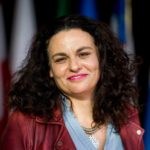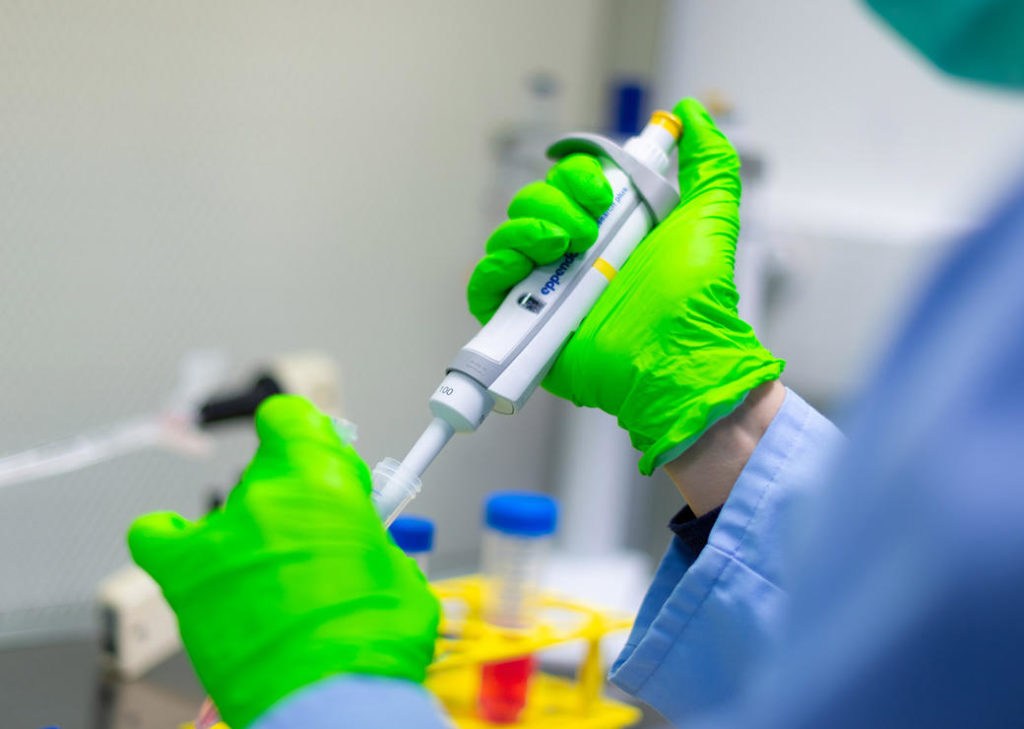A month of quarantine in the city of Brussels. One month now that I have been staying at home.
For a month I have been consuming news about the coronavirus outbreak and have stubbornly refused to write anything, though from time to time I have been in the mood to laugh at our funny – indeed, funny – quarantine world. I have teleworked, rational and wise, yet deeply terrified in the background. To support myself I have been practicing uninhibited self-mockery.
I have refused to write down, to describe with words, what we are experiencing as a result of the pandemic. Like the nightmares that we don't tell anyone about, but whose horrible images follow us all day: in the office, at work, while cooking, while shopping, on walks, in our hugs.
But I am now writing, after 30 days of quarantine, for the aftermath of the pandemic, for when we will return to the life that we knew.
Only, the life we knew will not be the same. It will carry the deep gash of confinement, the anger and agony of isolation.
The traumatic experiences of hundreds of thousands of families who will have lost their loved ones without being able to say goodbye. The despair of millions who will have lost their jobs. The silence of women who will have been brutally abused or even murdered without having had the choice to react. The panic of those who emptied staples from the supermarket shelves or stood in line to buy guns. The look of children painting rainbows and hearts for their windows.
The 2020 pandemic is a crisis, not an opportunity to capitalize on. But more than that it is the unshakable proof that we have only one choice as civilized societies: Science. These are the days of its triumph.
It is Science that has pushed humanity one step further; it is Science that has solved innumerable yet basic health and living problems.
Thanks to Science, you can read this text on the internet and comment on it. Thanks to Science, we will one day leave quarantine, we will be vaccinated, we will celebrate because our corona-sick friends have been cured, we will take planes on the trips of our dreams, we will buy clothes that repel or kill viruses, we will build homes with materials whose surfaces prevent viruses and bacteria, we may even move to Mars, giving Earth the opportunity to recover before we come back.
Scientists are now being trusted, and are being listened to. Both leaders and citizens could have listened more before the world quarantine; they will certainly have to listen afterwards. Knowing and understanding what is happening, and why and how it happens (the basic questions that Science answers) calms fears and leaves room for wise decisions.
The pandemic will end soon. People's lives, as always – it’s written in our genes – will recover a certain rhythm.
As for the problems that tormented us and will torment us as societies: we know how to solve them. The pandemic showed us the way. It's called Science.
Katerina Serifi


